Yoga is an excellent adjunct to holistic medical care, such as acupuncture and herbalism.
A young college student has been coming into the acupuncture clinic with chronic pain due to an old skiing injury that just hasn't healed. Although he had hired a whole host of physical therapists, neurologists, and massage therapists, nothing had helping that much. When I asked him questions about his pain, it turns out he doesn't really have 'pain,' after all. It's more like a weird sensation: vague and annoying and just 'not right.' Accompanying symptoms include cold patches on his body that he hadn't really noticed in the past and almost numbness. The MDs say everything looks fine structurally and neurologically, yet offer him everything from cortisone shots to surgery.
The integrative Asian medicine diagnosis is a lot less mysterious than his Western one. Ayurveda-wise, we are looking at vata and kapha. In TCM terms, we are looking at qi stagnation and damp obstruction.
He comes for acupuncture and once needles are in he drops deeply into his treatments and feels great afterwards with improvement holds well between sessions. With the use of a classical Chinese herbal formula, his diagnostic signs improved dramatically within only one week. It was such a shift that I reached out and shook his hand saying, "Nice to finally meet you!" Now, his vague pain syndrome is much improved.
If Acupuncture & Chinese Herbs Worked, Why Add Yoga?!
Though this is an acupuncture success story, to really bring ourselves to our fullest potential health, I believe we all need yogic conscious movement as supportive care. In this patient's case, I'd like to see him activating the channels and clearing stagnation on his own. The structures need strength, they need work. I gave him some very old skool style yoga postures that are specific to his individual case. These will directly address his concerns.
How Do Acupuncture and Yoga Work Together?
This can be understood from three perspectives, each shedding valuable information:
-Western: Yoga benefits our bodies with increased blood circulation and range of motion. Meaning, we are literally delivered additional chemical nutrition (from the blood) and enhanced waste removal into areas of chronic injury and pain. Yoga is not just stretching. We are talking using postures and breath to get in and disrupt a stuck musculoskeletal and neurological pattern. We are strengthening while lengthening musculature. When working with the mind and breath together, neurological and endocrinological function is enhanced. Unlike many exercise and weightlifting regimens, yoga gets into deep muscle layers, especially targeting core stabilizing muscles while integrating their function with the bigger, beefier muscles closer to the superficies.
-Traditional Chinese Medicine: Yoga breaks up stagnation and regulates qi and blood flow. Stagnation is a part of so many injuries, accompanying both excess and deficient type root disorders. It supports acupuncture in that it helps harmonize the channels. It is easier to get lasting results from acupuncture when the tissues are *strong.*
-Ayurveda: Yoga and Ayurveda are sister sciences. Doshic disturbances directly affect the channels, resulting in pathology. Many traditional yogic sequences are geared toward working with specific imbalances. Each of us has all three doshas, but it is useful to know which yoga postures to calibrate us according to our own constitution, season and time of day.

